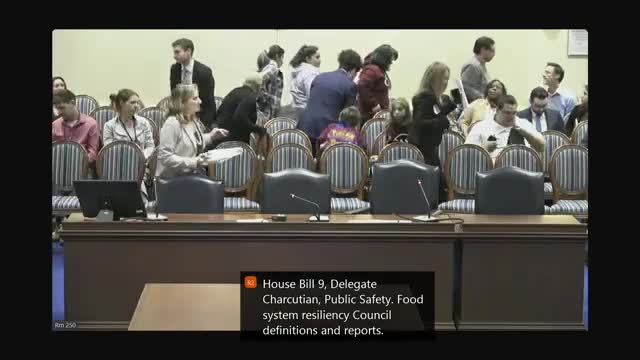Article not found
This article is no longer available. But don't worry—we've gathered other articles that discuss the same topic.
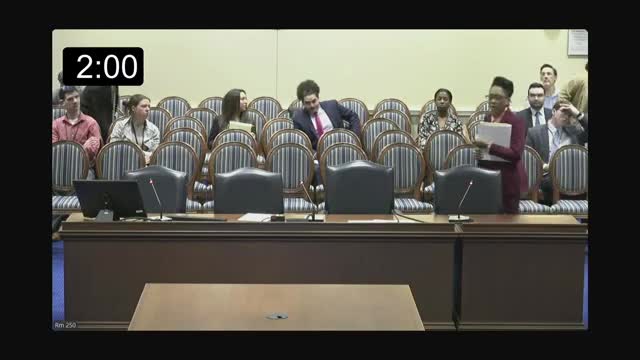
Debate over $2-per-ton surcharge: supporters tout grants for food-rescue and composting, industry warns of costs and unintended consequences
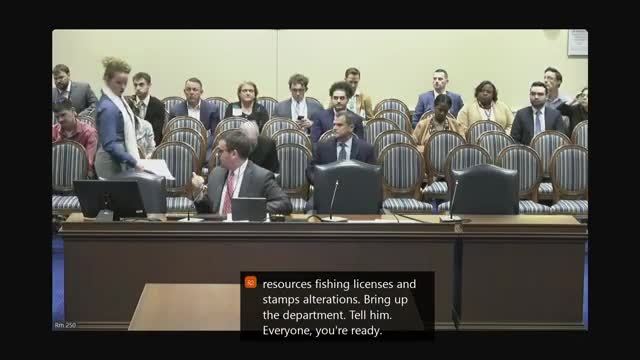
Department of Natural Resources seeks fee increases for fishing licenses and trout stamp; anglers, nonprofits largely support
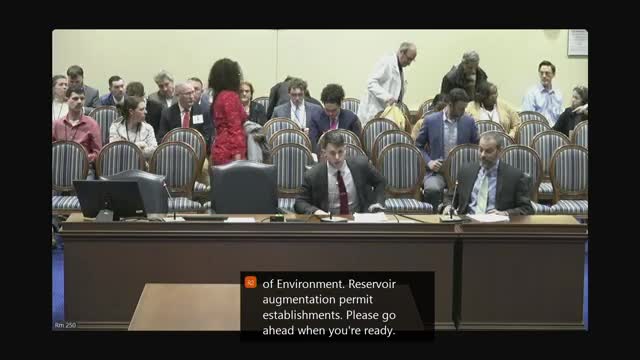
MDE pitches House Bill 25 to expand potable reuse program; bill would make Westminster pilot permanent

Supporters ask committee for favorable report on House Bill 62 to allow testing at Aberdeen Proving Ground; health, oversight questions raised
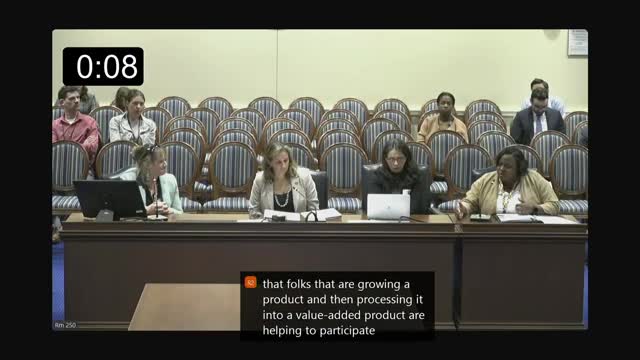
Bill would allow foraging and create fee-based foraging permits on DNR land; sponsors say permits fund education and food forests
